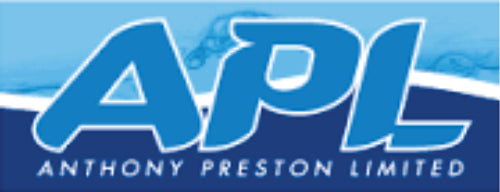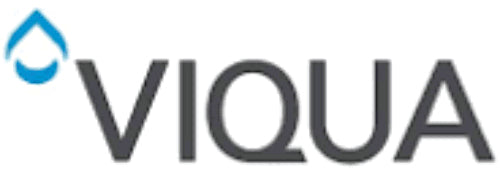New Zealand, known for its stunning natural beauty, faces significant challenges in maintaining water quality.
As urbanisation and agricultural activities increase, so do the threats to our water resources. This blog explores the primary water quality concerns in New Zealand and offers practical filtration solutions to ensure clean and safe water for all.

Key Water Quality Concerns
- Agricultural Runoff: The intensification of dairy farming and other agricultural activities has led to increased levels of nitrogen and phosphorus in water bodies. These nutrients can cause harmful algal blooms, which degrade water quality and harm aquatic life.
- Urban Pollution: Rapid urban development has resulted in increased stormwater runoff, carrying pollutants such as heavy metals, oils, and sediments into rivers and lakes.
- Industrial Contaminants: Industrial activities contribute to water pollution through the discharge of chemicals and heavy metals. These contaminants can pose serious health risks to humans and wildlife.
- Microbial Contamination: Pathogens from sewage and animal waste can contaminate water sources, leading to waterborne diseases.
Filtration Solutions to Improve Water Quality
- Activated Carbon Filters: These filters are highly effective in removing organic compounds, chlorine, and other chemicals from water. They work by absorbing contaminants onto the surface of the carbon particles, providing clean and safe drinking water.
- Reverse Osmosis Systems: Reverse osmosis (RO) systems use a semi-permeable membrane to remove a wide range of contaminants, including heavy metals, nitrates, and pathogens. Reverse Osmosis systems are ideal for both residential and commercial applications.
- Ultraviolet (UV) Sterilisation: UV sterilisation is a chemical-free method that uses ultraviolet light to kill bacteria, viruses, and other microorganisms. It is an effective solution for ensuring microbiologically safe water.
- Sediment Filters: These filters remove suspended particles such as sand, silt, and rust from water. They are often used as a pre-treatment step to protect other filtration systems and improve overall water quality.
- Ion Exchange Systems: Ion exchange systems are used to remove dissolved ions, such as calcium and magnesium, which cause water hardness. These systems can also be effective in removing heavy metals and other contaminants.

Case Studies from Local Communities
- Waikato River Restoration: The Waikato River Authority has implemented various initiatives, including riparian planting and sustainable farming practices, to improve water quality. These efforts have significantly reduced nutrient runoff and enhanced the health of the river.
- Christchurch's Green Infrastructure: Christchurch has adopted green infrastructure solutions, such as rain gardens and wetlands, to manage stormwater and reduce urban runoff. These projects have improved water quality and provided recreational spaces for the community.
- Hawke's Bay Water Management: The Hawke's Bay Regional Council has developed water storage and efficient irrigation systems to address water scarcity and improve water quality. Collaborative efforts with local farmers have led to more sustainable water use practices.





